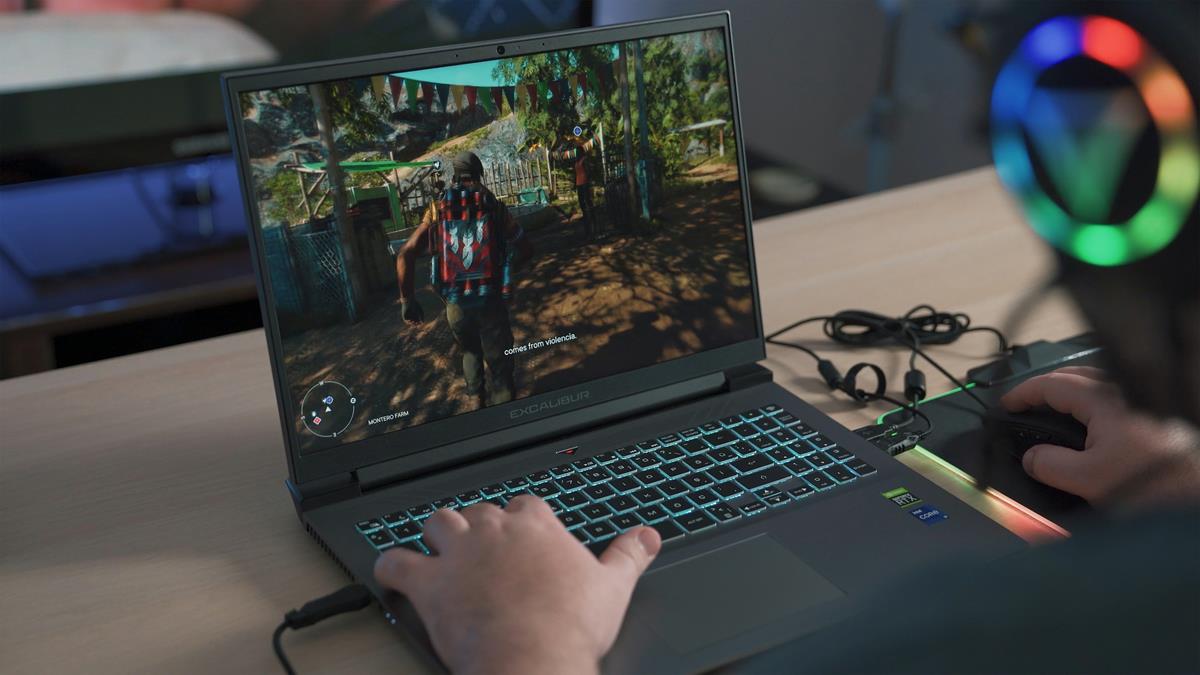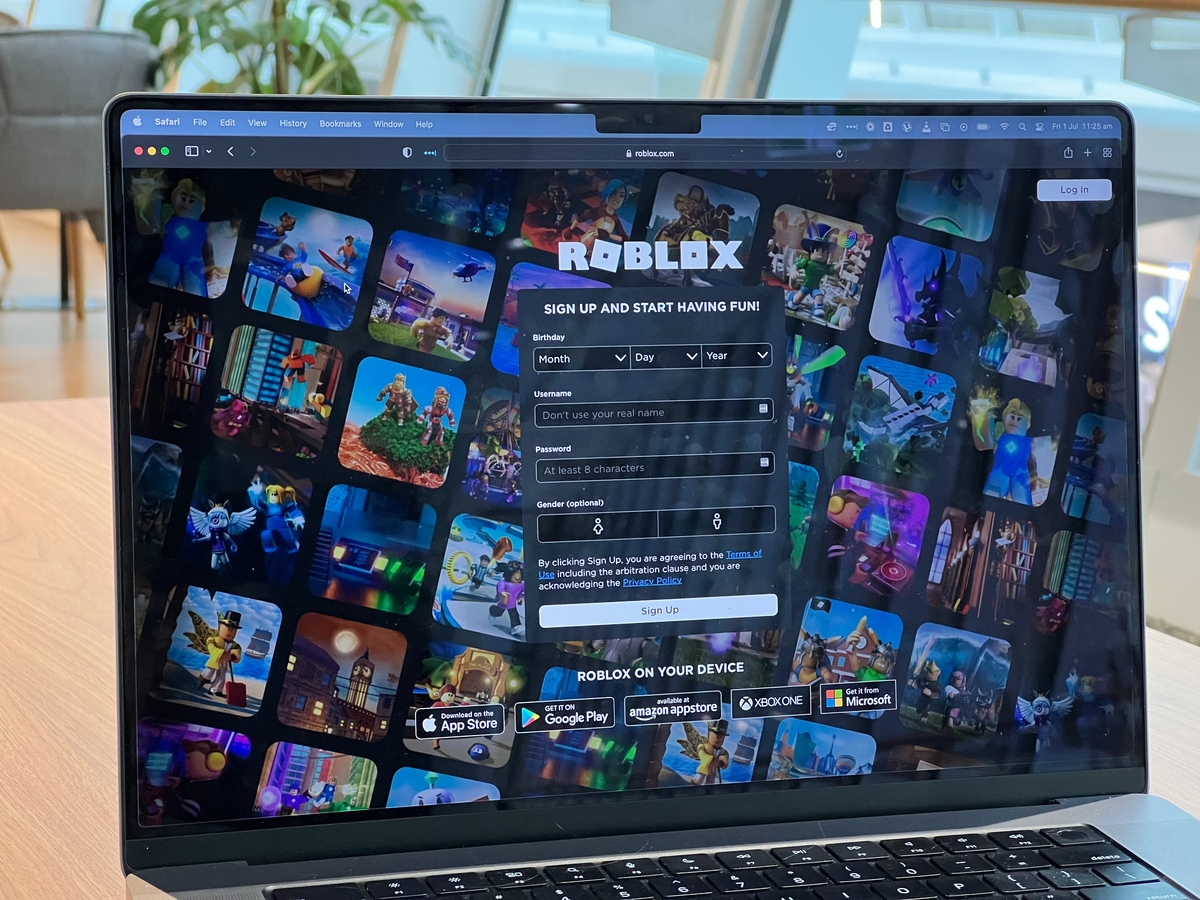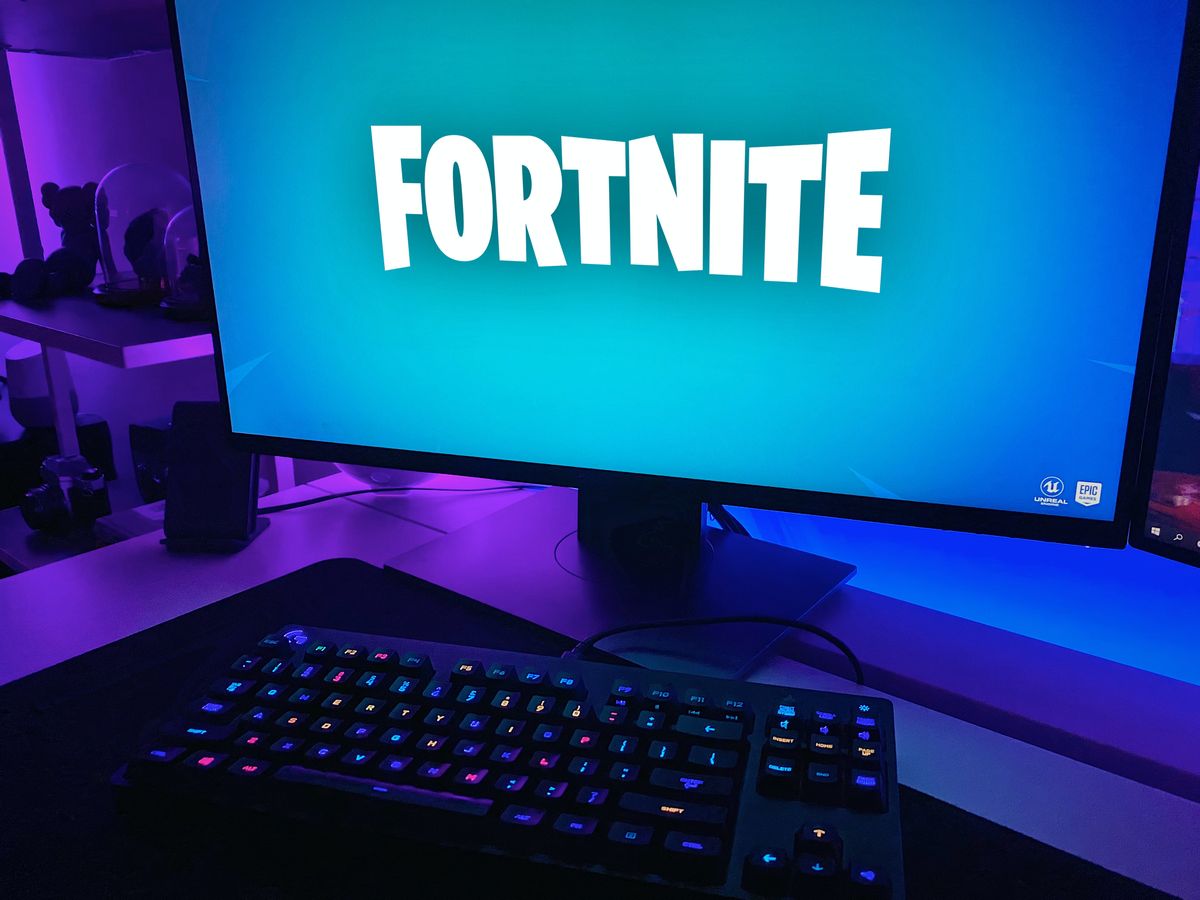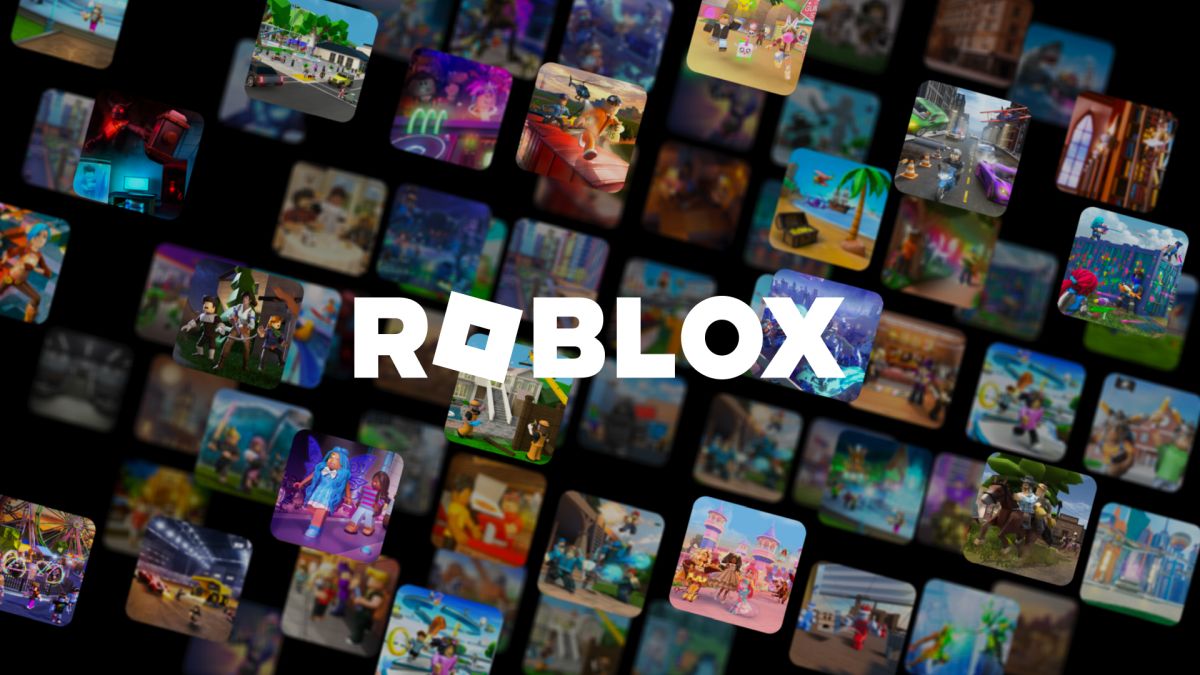The Controversial Rise of Gacha Games: A Fine Line Between Entertainment and Gambling
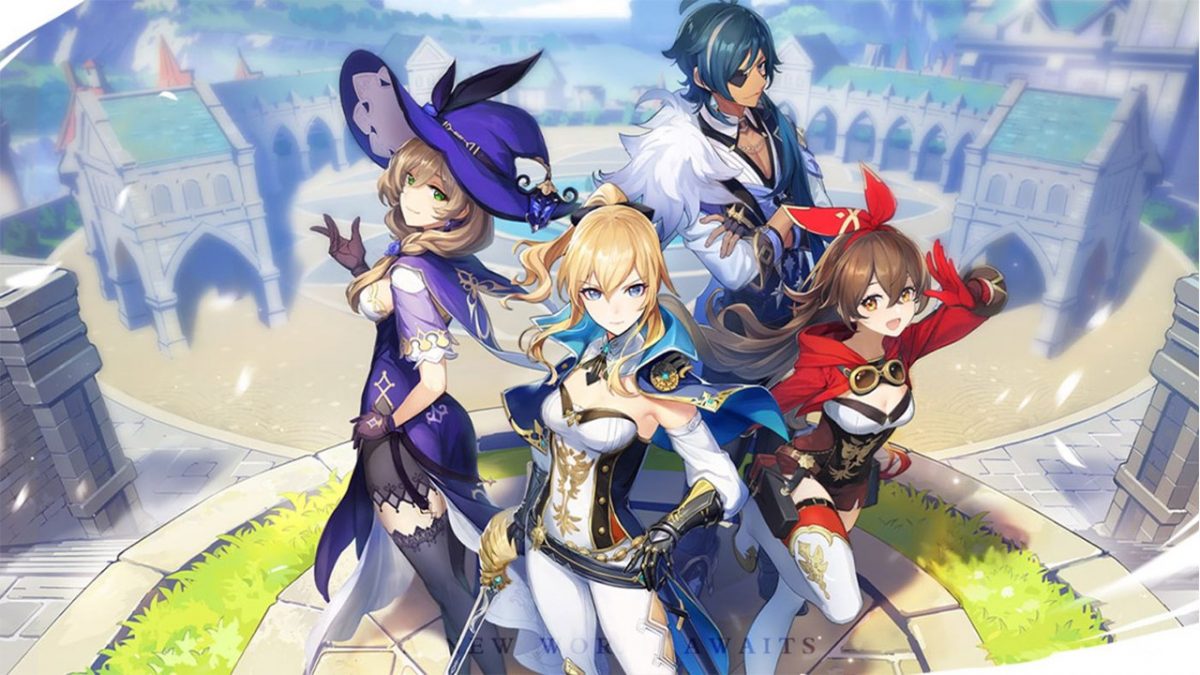
The video game industry has established a distinctive and unparalleled presence in the entertainment landscape, encompassing a wide range of platforms including gaming consoles, personal computers, and mobile devices. Among these platforms, mobile devices have emerged as the preferred host for a distinctive category of game, known as the gacha game.
A growing number of countries, including Japan, China, and some European nations, have recognized the potentially addictive qualities of gacha games and have implemented measures to regulate them, including prohibiting certain forms altogether. However, the question remains: what are gacha games, and what factors contribute to their widespread popularity?

What exactly are gacha games?
Gacha games may be most well-known for their distinctive yet remarkably similar aesthetic portrayals of characters. However, there’s a lot more that goes into creating a true Gacha game. At their core, Gacha games entice players to invest real-world currency in exchange for randomized rewards, which can range in value and quality. Although players may occasionally receive items of value commensurate with their investment, the likelihood of this happening is typically low.
The degree to which a game incorporates gacha mechanics can vary substantially between titles. Complete gacha games, for instance, mandate the collection of an entire set of rewards to progress, incentivizing players to spend money to advance in the game. Such gacha games are widely considered the most pernicious and have even been outlawed in some countries, such as Japan.
By contrast, other gacha games, such as Genshin Impact, can be played to completion without any financial expenditure. Genshin Impact's gacha mechanics center primarily on the acquisition of various characters and weapons and do not impact the primary storyline in any significant way. While Genshin Impact is one of several free-to-play mobile games that can be enjoyed without cost, the optional nature of its gacha mechanics can still prove enticing to players, particularly those who are younger.
Gacha games have proven vastly more lucrative than even the most popular console titles, which typically sell for $60 to $70 per copy. One notable example is Genshin Impact, which generated over two billion dollars in revenue during its inaugural year, as reported by Sensor Tower. This phenomenon can be attributed to the addictive qualities of gacha mechanics, which, when combined with live-service models, engender long-term engagement and retention among players far beyond what traditional games tend to achieve.
Related: Google’s plan to dominate the gaming world in 2023
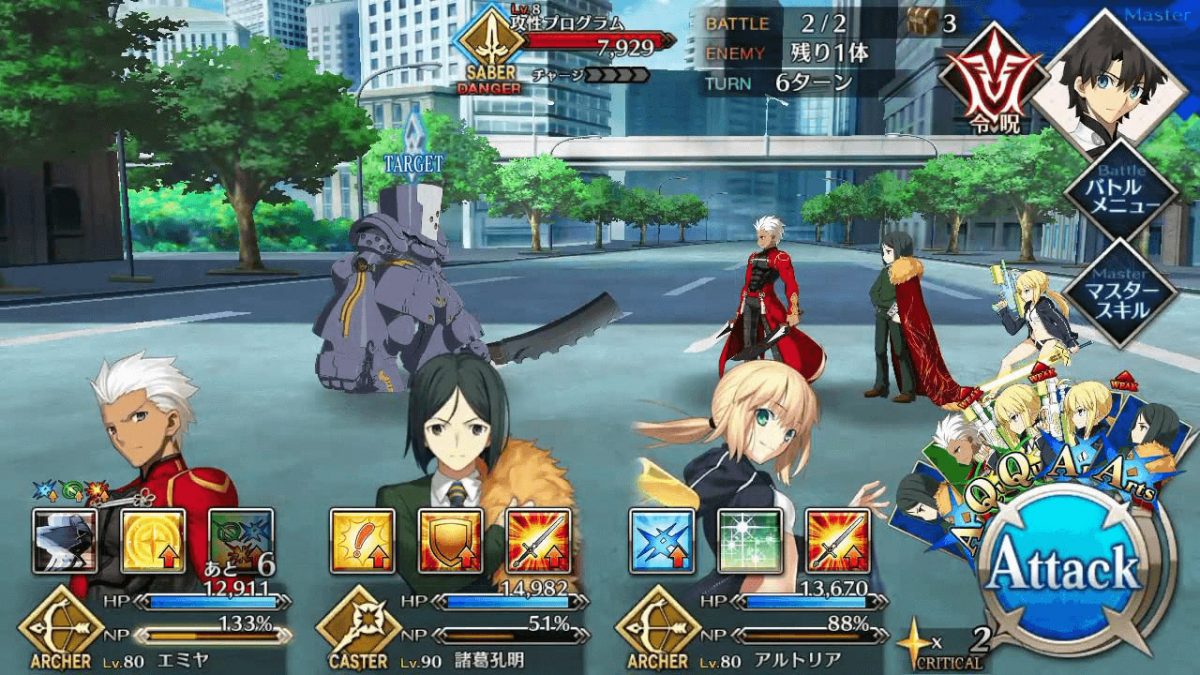
Why are they called Gacha games?
The term 'gacha' originated from a type of Japanese vending machine that has gained worldwide recognition. These machines, also known as gachapon or gashapon machines, can often be found in malls and contain a variety of toys or characters inside round plastic capsules. Users deposit a coin and receive a random item in return. Gachapon machines even make appearances in games like The Sims 4 where, if you have the Snowy Escape DLC, you can receive Simmi capsules that contain various random action figures that your sim can collect.
This vending machine mechanism closely resembles the functioning of gacha games, where players have little control over the rewards they receive for their monetary investment. The likelihood of obtaining valuable items is often unclear to players before they make their purchase.
Why have Gacha games taken the world by storm?
One of the primary drivers behind the immense popularity of gacha games is the perceived ease with which players can attain incredible rewards. By simply rolling the dice one more time, players can potentially obtain the strongest character in the game, with little to no skill required. This stands in contrast to the typical requirement of skill and strategy to earn the best rewards in traditional games.
Additionally, many gacha games are inherently entertaining and engrossing, captivating players and incentivizing them to spend money on the chance to acquire new characters or skins for their team. This is particularly true when players encounter significant difficulty spikes after investing considerable time and effort into building their party, leaving them with the option of either months of grinding or paying to overcome the obstacle.
Winning in any game is an exhilarating experience, and the prospect of receiving an amazing reward for just a dollar or two is a powerful motivator that keeps players engaged and returning for more. When combined with the pay-to-win structure that many mobile games feature, the temptation to spend more money can become overwhelming. Ultimately, it is the addictive nature of gacha mechanics that underpins their widespread popularity and success.
Related: Microsoft explains how gamers can use Bing Chat to their advantage
Do Gacha games count as gambling?
The act of gambling involves taking a risk by betting money with the expectation of winning something more valuable through games of chance. Gacha games function in a similar manner, and as a result, can be considered a form of online gambling.
When comparing the act of inserting coins into a slot machine to purchasing in-game currency to obtain desired weapons or characters, it becomes apparent that the two activities share many similarities. However, the primary distinguishing factor between the two is that gambling requires participants to be of legal age while playing gacha games does not. This is because children are especially vulnerable to persuasion and are more likely to develop addictive behaviors associated with gambling. Given the resemblance between gacha game mechanics and gambling, many countries have implemented regulations or monitoring measures to control the impact of such elements on players.
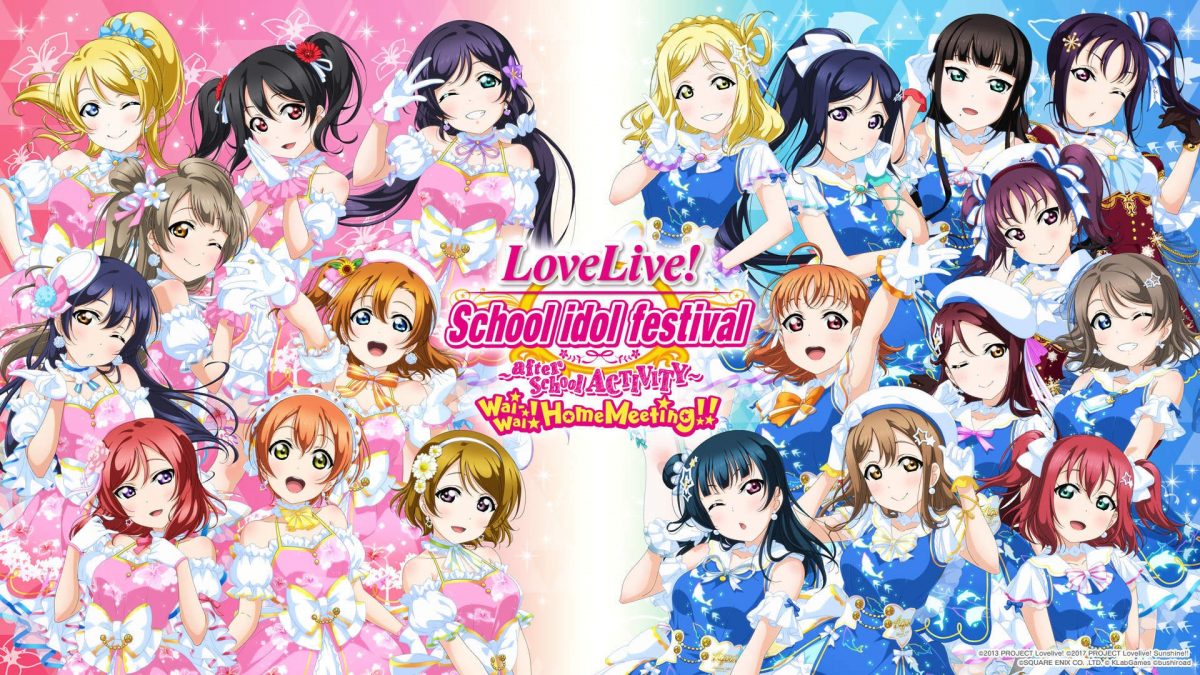
Gacha popularity is ever-present
The thrill of acquiring a rare or ultra-rare item in a gacha game, particularly a coveted weapon or skin that can be used to showcase one's success to other players, is a major draw for enthusiasts. When combined with a base game that is inherently enjoyable, these mechanics provide a recipe for a hugely popular gaming experience.
However, it's worth noting that numerous gacha games can be enjoyed without the need to spend real money. While gacha games are not inherently malevolent, their resemblance to gambling is a factor that players should be mindful of to avoid inadvertently spending significant sums of money on a seemingly 'free' game.
Advertisement
